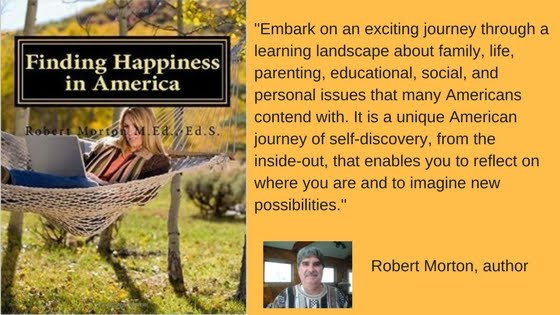~
America has a growing problem with the growing number of adults who are non readers or problem readers. According to a study by the National Assessment of Adult Literacy, 30 million adults living in the U.S. were not able to read and write well enough to complete basic tasks like filling out job applications [U.S. Department of Education Institute of Educational Progress]. People who learned to read early and easily find it hard to imagine what life would be like without being able to read and write. Adult problem readers have difficulty becoming productive workers and I've always recommended to them that they tape record important workplace documents and read them while playing the tapes. Many experts espouse using formal reading instruction, with phonics. I disagree. Why? Because many adults with reading problems have passed up job promotions due to their reading handicaps. By the way, there are plenty of high IQ people suffering from bona fide auditory and/or visual dyslexia; they're like Jessee Owens with a broken leg. In the workplace, they need to read and understand key information and critical words for survival...to get ahead, without delay! "Reading by immersion" in a technique to accomplish this. They can immerse themselves immediately into the reading process directly by putting into service the technical manuals they need in order to survive in the workplace. We all learned to talk by being immersed in language. We began talking with no formal instruction; our parents never dissected spoken sentences into subtle sound elements, called phonemes (phonics) for us.
Similarly, working adult problem readers can learn to read in the same manner through which they learned how to talk. After all, isn't written language just talk written down?
NONREADERS IN THE WORKPLACE- OUR 4 PICKS!
Instead of avoiding the reading process due to built up fear from past failures in formal reading instruction, problem readers can plunge into printed material just like they were submerged and baptized into spoken language as non-talking infants. Adult problem readers can become more productive workers in the office or shop; their confidence will increase as they discover they can single-handily read each essential document that they would understand if someone read it to them.
By tape recording documents verbatim and then printing especially troublesome words onto flashcards, non readers can identify words as fast as needed to make the reading and comprehension of essential workplace information as smooth as possible.
A Herculean effort? Yes, but any job upgrading becomes distinguished and outstanding... when greatly pursued.
Related post: Juggling work and life
Robert Morton, M.Ed., Ed.S. has retired from his positions of School Psychologist and adjunct professor in the School of Leadership & Policy Studies at Bowling Green State Univeristy. A portion of Ad sale revenue from this site is donated to Big Brothers/Big Sisters of America. Questions? Comment? Concerns about family, parenting, educational or personal concerns? Contact him on the secure Bpath Mail Form.







